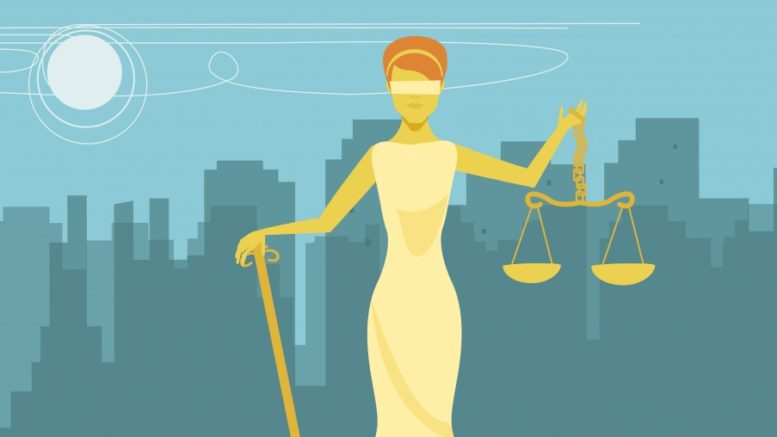I refer to the article “Video statements, closed-door hearings among law changes mooted to protect victims” (Channel NewsAsia, Jul 25).
It states that “Video recording of interviews during police investigations may soon be allowed, as part of proposed amendments to the Criminal Procedure Code (CPC) and Evidence Act.”
In my opinion, I understand that arguably, one of the most significant and contentious procedural areas – the right to counsel within a certain time, may still be lacking.
In this regard, according to https://www.gov.sg/factually/content/is-it-a-constitutional-right-to-have-access-to-a-lawyer-immediately-after-being-arrested – “Under the Singapore’s consitution, everyone is allowed legal counsel and representation.
Where a person is arrested, he shall be informed as soon as may be of the grounds of his arrest and shall be allowed to consult and be defended by a legal practitioner of his choice. – Article 9(3) of the Singapore Constitution
However, this does not mean that one would have access to a lawyer immediately ( i.e. when the person is arrested). The Constitution itself does not stipulate when an accused is entitled to consult a legal practitioner, and how the Constitution should be interpreted is established in court cases.
In fact, in the case of Jasbir Singh v PP (1994)1 SLR(R) 782, it was established that what Article 9(3) means is an arrested person is to be granted access to a lawyer within a reasonable time from his arrest. However, what is meant by “reasonable time” must be balanced with time needed by the police to carry out the investigation of the case effectively.
In essence, when determining the rights of access to legal counsel, both the individual’s rights and the police’s role in protecting the larger public are considered.”
Leong Sze Hian
